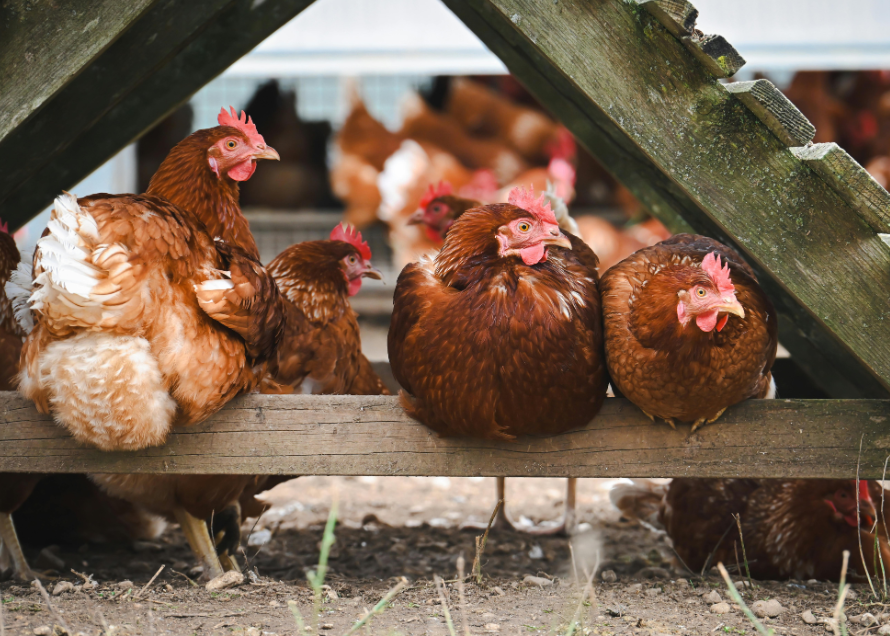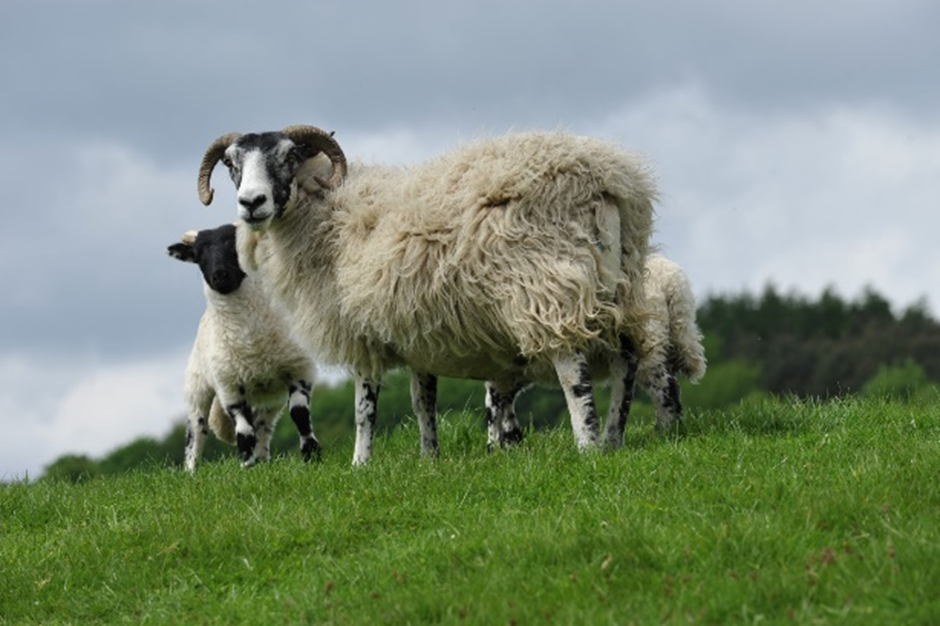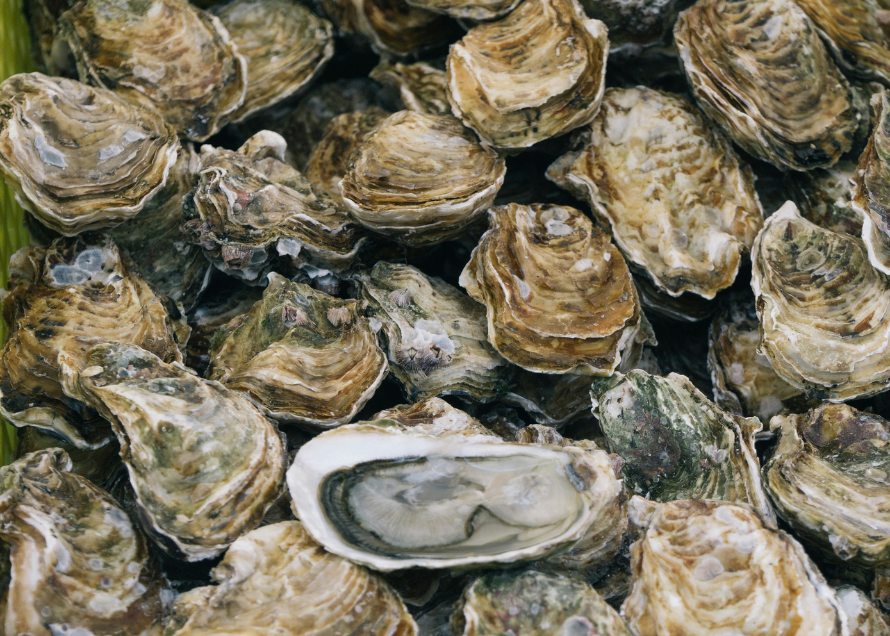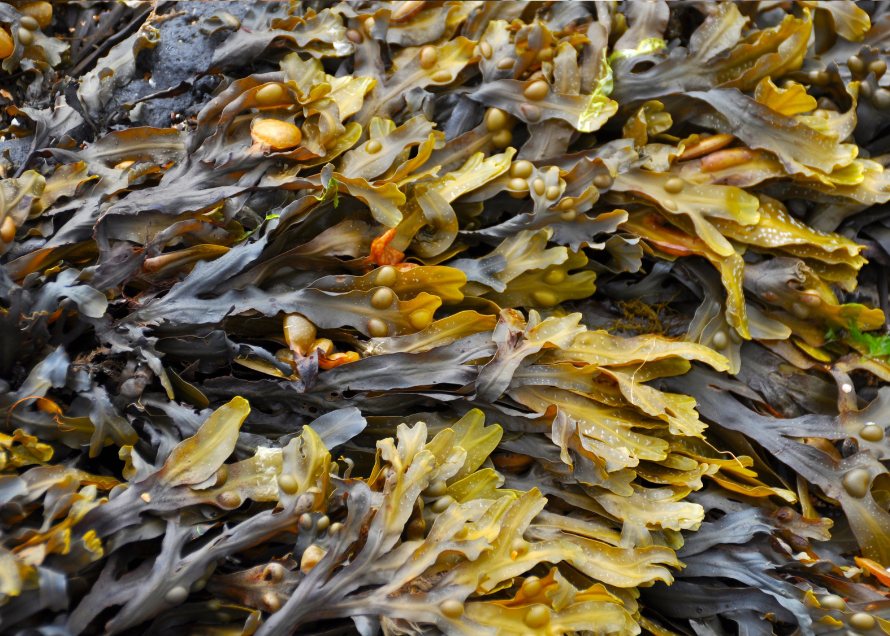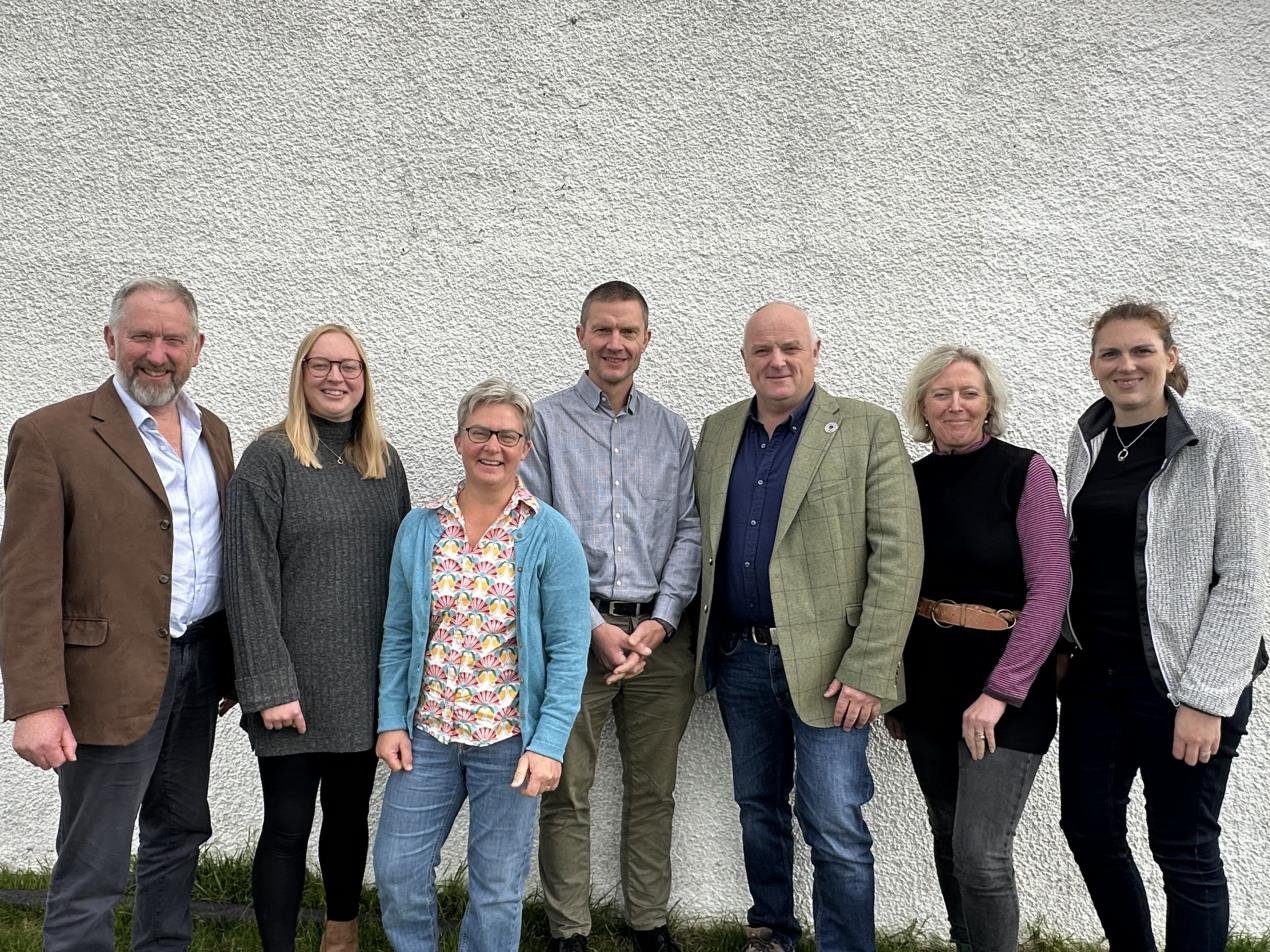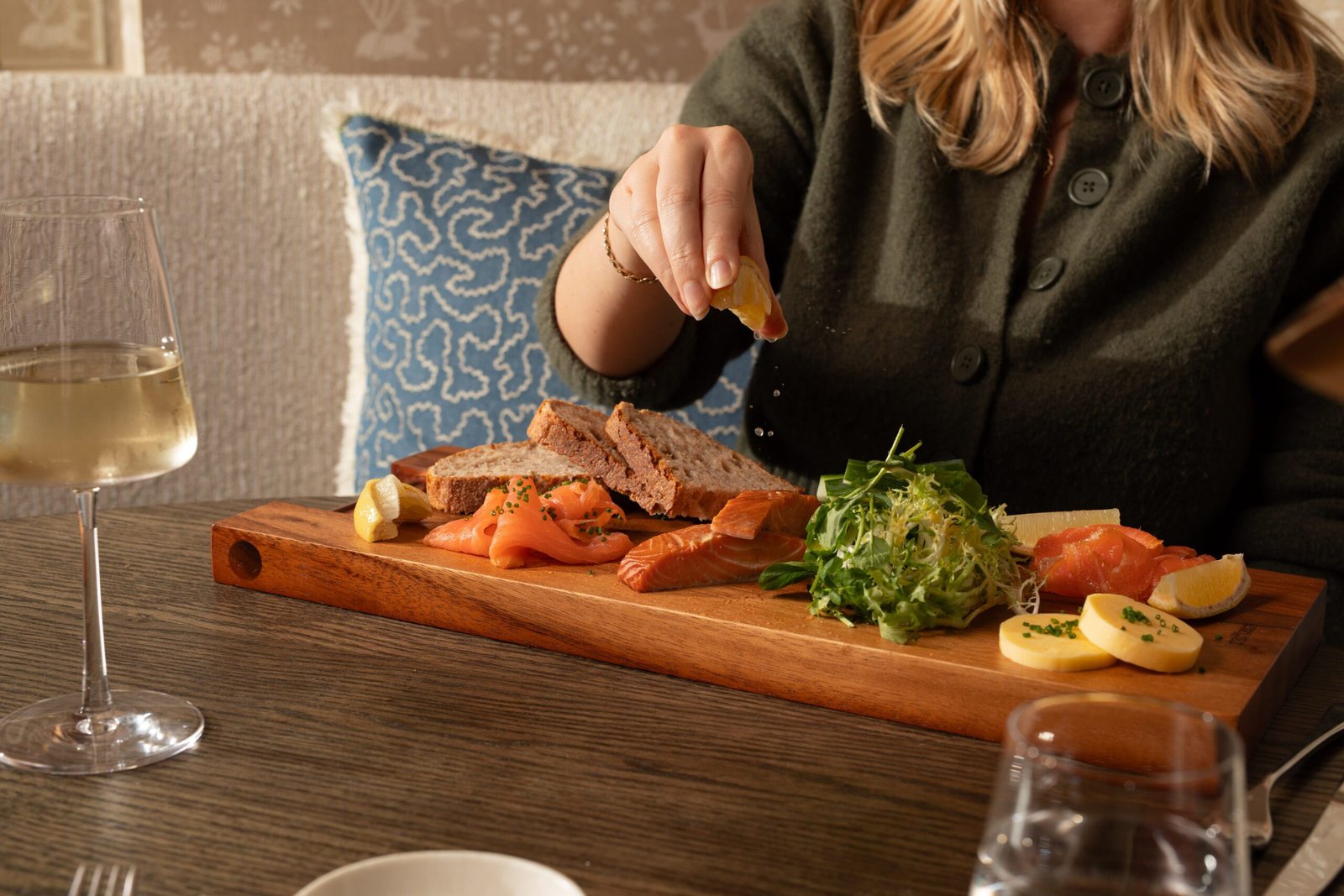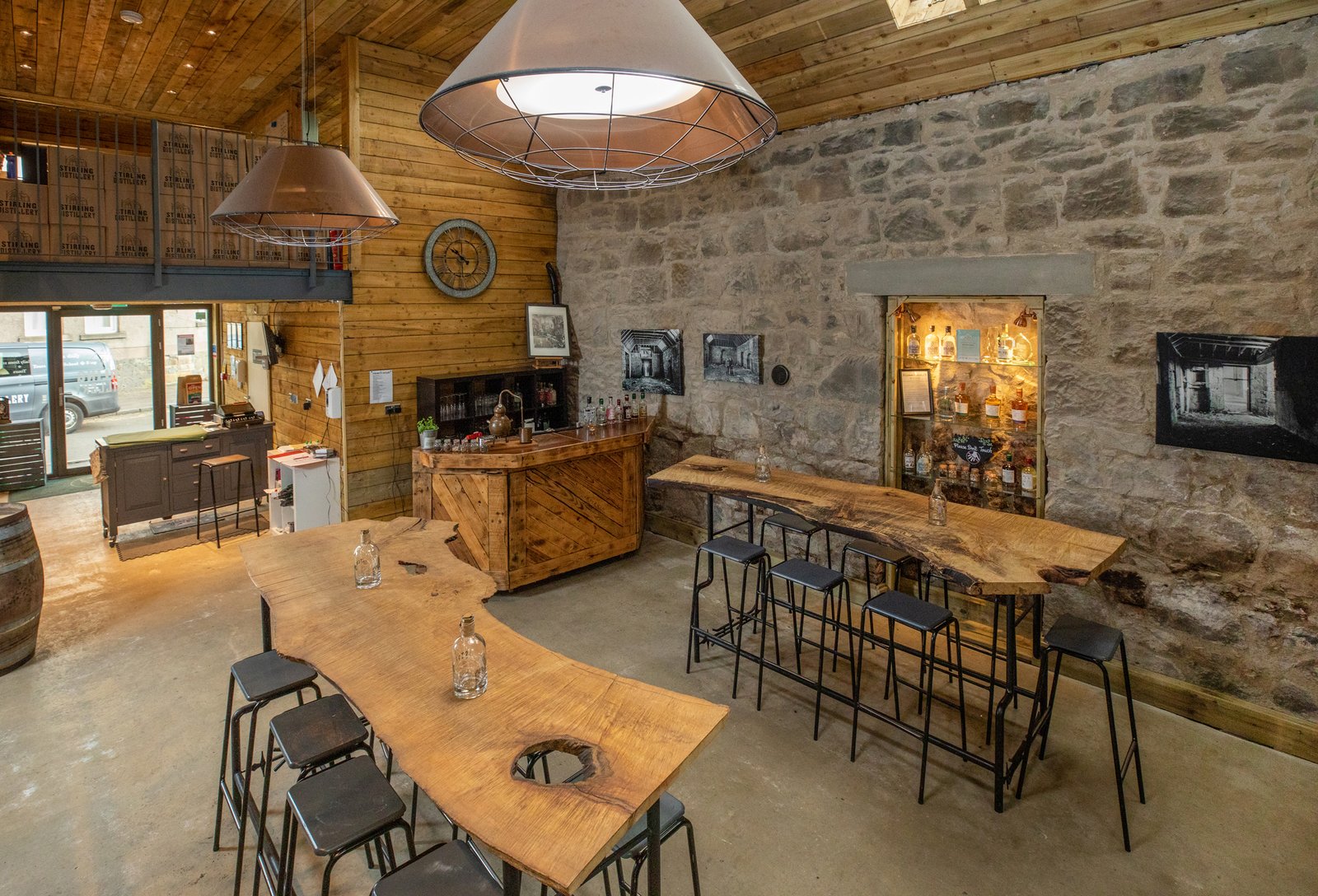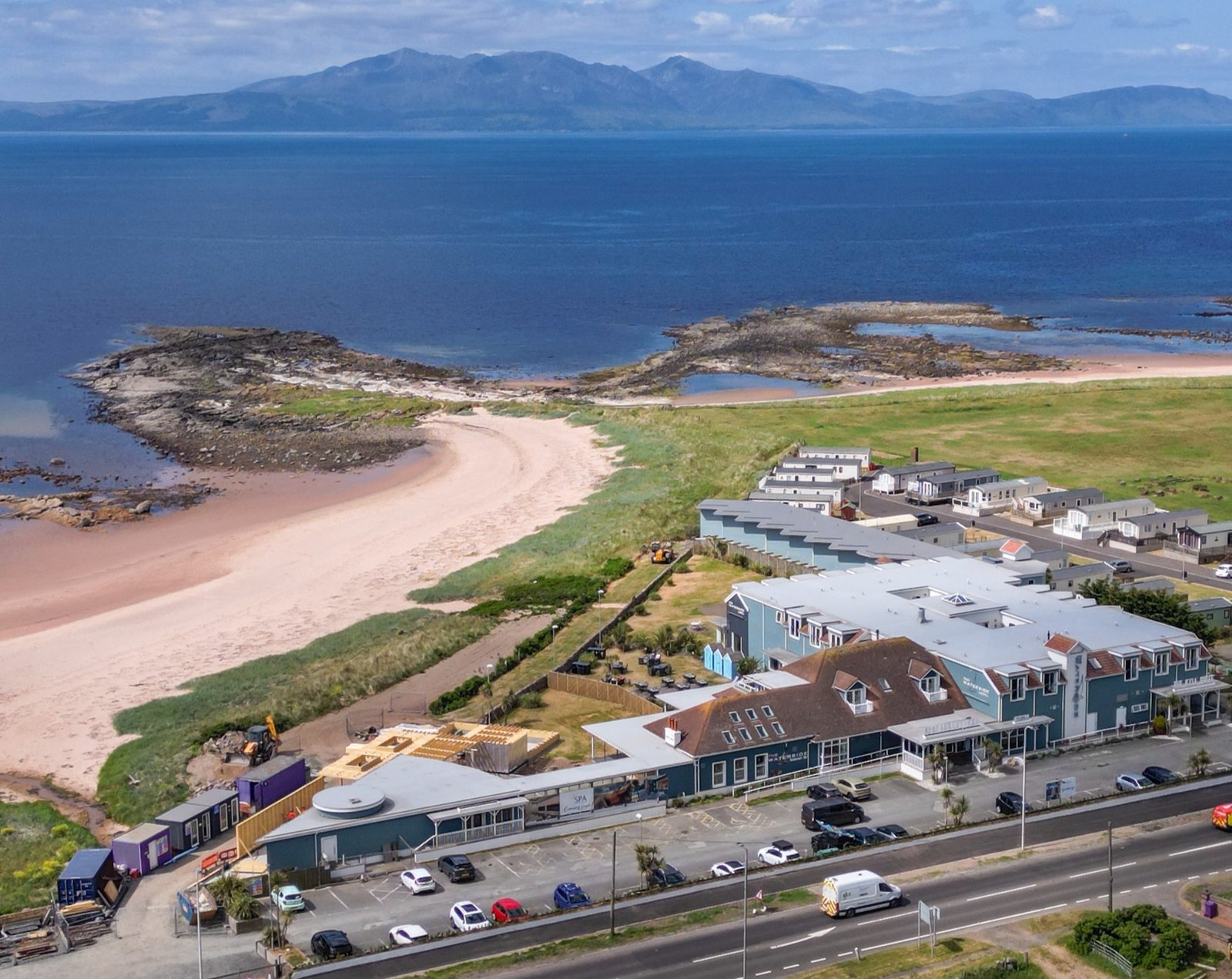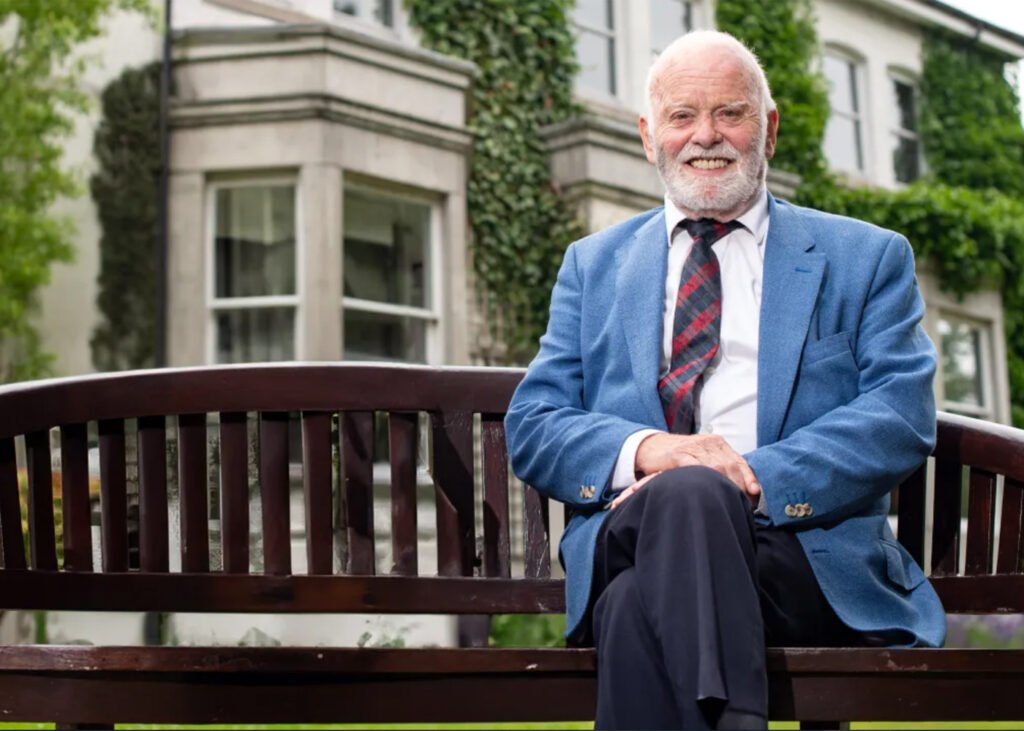MEASURING grass swards and using the results in a new software programme will allow Deeside Monitor Farmers Duncan and Claire Morrison to plan ahead and make better use of available grass for their 220 suckler cows and followers.
Visitors to the farm’s summer meeting near Inverurie heard that since the launch meeting seven months ago, the Morrisons had begun setting up Farmax – a computer-based feed budgeting and forecasting tool with a focus on grass.
“This will help us in our decision making going forward. It will allow us to compare different scenarios such as selling or purchasing stock or adjusting calving or weaning date – to work out the impact on the farm’s resources as well as the bottom line,” Duncan explained.
He and Claire moved to their home base at Meikle Maldron in 2016 and farm 558ac, running 120 commercial and pedigree Aberdeen Angus cows and a leased herd of 100 Stabiliser cows. Currently, most Stabiliser bull calves have been finished, breeding heifers are sold at 12-14 months and the rest sold as stores. They also grow 37ac of arable silage and 20ac of kale.
The Morrisons are one of nine Monitor Farms across Scotland taking part in the programme run by Quality Meat Scotland and AHDB, and funded by Scottish Government. This aims to help to farms reach full economic, social, and environmental sustainability by optimising production. Over the next four years, other farmers and experts will be brought together to help the family assess farm performance, explore opportunities, and develop solutions to the challenges they face.
An SAC Consulting Integrated Land Management Plan assessing the farm’s strengths and weaknesses was one of the first pieces of work completed. This prompted discussions with the Monitor Farm’s management group, and has led to a decision to reduce the number of bull beef in favour of grass finishing as steers at 18 months in order to better utilise the grazing available and reduce risk.
The farm has also been soil sampled by Soil Essentials, identifying an expected low pH at Meikle Maldron, which had subsequently had 100t of lime applied in May.
The focus on improving productivity was emphasised at the meeting by grazing specialist Michael Blanche, who discussed the benefits and pitfalls of establishing multi-species swards, which include nitrogen-fixing legumes as well as grass species. “I see them disappear from the sward, getting eaten out, frost damage, and weed ingress, particularly if you don’t get the establishment right and you want to make them last.
“They’re a bit of an investment and you want to keep them going. There are data to show that compared with just ryegrass there is a dramatic reduction in fertiliser use and that is because of all the legumes.” He said key benefits included a 12% increase in total forage production, a 20% boost in livestock performance, a reduction in the need to worm lambs and an increase in earthworms, which are essential for healthy soils.
With the lack of rain a key talking point at the meeting, visitors discussed the impact on farm’s kale crops with James Hardie from George Duncan Agri Solutions. He also talked through how the farm is growing wholecrop barley and peas undersown with grass which will be cut, baled and fed through winter.
Continuing the focus on performance and productivity, vet Rachel Robertson of Woodside Vets warned visitors that it was essential to ensure bulls were healthy, fertile and fit to work. “If efficiency is the way to go forward then the industry needs to focus on the bull health and performance as much as the cows.”
You Might Also Like:
No related posts.
She said performing a health check and semen testing regularly was essential. “It takes 61 days to make sperm, so the solution [if a problem is found] takes at least this length of time. If there’s an issue, it won’t fix tomorrow!”
Peter Beattie, Monitor Farm regional adviser said: “Duncan and Claire Morrison provided a brilliant venue to showcase their holistic approach to modern agriculture. Each part of their system has to compliment the other with bull and heifer selection underpinning their low-cost approach to outwintering livestock. The meeting was buzzing with enthusiasm, from the speakers and visitors alike.”
For more information about future meetings and to join the Deeside Monitor Farm Community Group, visit www.monitorfarms.co.uk or contact Monitor Farm regional adviser Peter Beattie at pbeattie@qmscotland.co.uk, tel 07769 366614.


